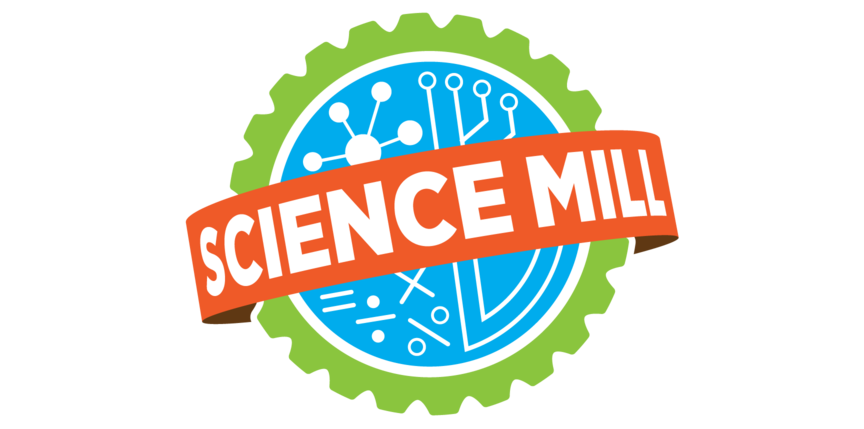The Science Mill is proud to present 15-20 minute video talks by renowned scientists, technologists, artists and visionaries about the future of science in a variety of fields. Simply click on the tiles below to hear these thought-provoking videos.
Your support allows us to create innovative programs and experiences, such as these video talks by renowned scientists. Please consider making a donation to support these and other Science Mill STEM programs.
YOUR SUPPORT ALLOWS US TO GIVE ALL STUDENTS THE CONFIDENCE, TOOLS, AND SUPPORT NEEDED TO REACH THEIR FULL POTENTIAL AS SKILLED MEMBERS OF THE 21ST CENTURY STEM WORKFORCE.
The COVID-19 pandemic has decimated an already weakened fabric of STEM education in economically disadvantaged communities. The challenges of the pandemic—and the vast educational inequities it has unveiled—have only strengthened our resolve to create equitable access to STEM programs. No matter where students were born, no matter their race or gender, no matter their family income—we want them to know they can and will be an important part of a dynamic, skilled and diverse workforce.
The students we reach today through our STEM programs across central and south Texas will help solve the complex challenges of tomorrow. We need your help to ensure that ALL kids have an equal chance to be the next generation of scientists, entrepreneurs and problem solvers by investing in The Future of Science.
Pay by Check
Science Mill
PO BOX 38
Johnson City, TX 78636
The Science Mill is an IRS Sec 501(c)(3) organization. Any contributions are deductible to the full extent of the law.












Dr. Nels Elde, Associate Professor of Human Genetics, University of Utah
Dr. Rich Condit, Professor Emeritus, Department of Molecular Genetics and Microbiology, University of Florida
Dr. Vincent Racaniello, Higgins Professor of Microbiology & Immunology, Columbia University
Dr. Elde will lead a discussion with these renowned scientists and leading thinkers in virology. The trio will reflect on the challenges and successes of strategies to contain viral pandemics of the past and present day, and probe the future of emerging viruses.